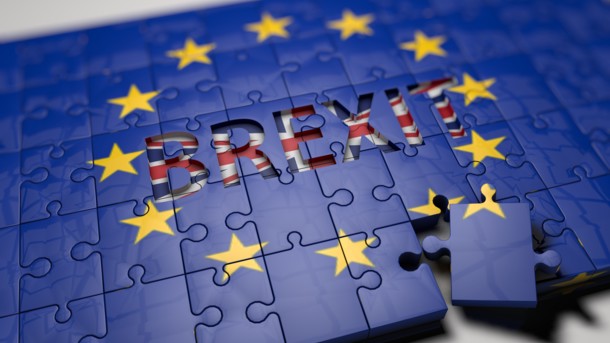Facebook: Nick Clegg says ‘no evidence’ of Russian interference in Brexit vote
Facebook’s vice president Nick Clegg claims there isn’t a single indication of Russia being involved in Brexit vote
Facebook vice president Nick Clegg rejects the opinion that Russia influenced Brexit through the #1 social network and talks more on controversies surrounding the platform and its affiliate solutions.
Sir Nick Clegg – Britain’s deputy Prime Minister of the recent past and a Facebook’s vice president of the now claims that the analyzed data showed no signs of any external interference.
In his turn, Sir Nick believes that ‘euroscepticism’ goes deeper than we realize, which isn’t a case Damian Collins – a member of the House of Commons Culture, Media and Sport Select Committee – chooses to believe. According to Mr. Damian, there, indeed, was spotted a share of Russian interference, which was indicated by communications agency studies.
Sir Nick has been a Facebook employee since 2018 and, according to his big interview for BBC Radio 4, he was focusing on promoting stricter regulations concerning people’s data stored in Facebook and all the issues that come along (such as personal data use and privacy, hate speech indications, etc.).
He states that MPs need to take up heavier measures in these concerns as well as in terms of issues like junk or fake news, NSFW content, and private data usage principles.
In defense of Facebook not being able to handle everything by itself, Sir Nick says that big tech service providers cannot and shouldn’t do that without the external help, especially when it comes to social media.
According to his statements, any regulations in this aspect should be the responsibility of democratic politicians and representatives.
Facebook, however, should still play a role in the affair, serving as more of an advocate company.
Apart from the Damian Collins’ response, other reactions started appearing, such as the tweet by Tom Watson – Deputy Labour leader who doesn’t see these statements as adequate and proper.
False claims
During the BBC interview, Sir Nick said that it isn’t true that the British people’s tendency to vote Leave during the 2016 EU referendum was affected by Cambridge Analytica.
In his own words, again – “…I’m afraid the roots to British Euroscepticism go very, very deep,”.
What posed a more felt impact in that matter, he believes, are the ‘efforts’ of traditional media that came to form over the years and was distinct in influencing global attitudes upon numerous occasions in the past.
Christchurch shooting example
Bringing up the example of the sad and notorious recent shooting in Christchurch, Sir Nick mentioned that Facebook is getting much more efficient at monitoring and removing harmful, NSFW content – the awful video was taken down in a “matter of minutes”.
The scandal surrounding the attack, which happened in March, claimed 51 victims and was streamed online via Facebook, was blown up in the first place because all the reposts that were happening at that time.
All in all, 1.5 copies of the video were removed by Facebook in 24 hours after the tragedy took place, 1.3 million of which had been eliminated before there even appeared any reports. As to the livestream, as many as ‘200 people saw the video as it was being livestreamed’.
NSFW – what to do with it?
Another tragic incident related to the topic that was discussed is the 2017 suicidal case of Molly Russell – a 14-year-old girl that had been making depression-driven posts on her Instagram page prior to the tragedy.
Owned by Facebook, Instagram has been through a scandal surrounding the self-harm material being posted on the platform.
According to Sir Nick, numerous mental health expert bodies were involved in the analysis and investigation of the happening, the majority of which stated that young people must be allowed to express anguish they experience and shouldn’t be restricted in the use of all-around available social media.
The job here must be done by the social media providers and the government, Sir Nick says, adding that “We take down all forms of graphic content” while some potentially NSFW images getting a special filter that can be disabled at user’s will.
On a big scale of things, Sir Nick marked the gradual shift of the social media sector from the ‘prophesized’ digital utopia towards the sweeping technophobia.
In that aspect, he commented open-mindedly – ‘”Technology is not good or bad, technology down the ages is used by good and bad people for good and bad ends.”.
We can see the overall approach to things from the side of Facebook change, as more emphasis is being put on regulations as opposed to the past tendencies of Mark Zuckerberg to reject the opinion of UK politicians concerning junk news and NSFW content.
These shifts and decisions are only reasonable if we recall past experiences of Facebook to self-regulate. This is a rather global task when we are talking about the social media platform serving over 2 billion users worldwide.
Regulations on the level of jurisdictions can help a lot here and share some responsibility with Facebook for the actions of residents, making it all easier for Facebook.


